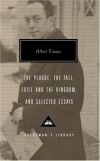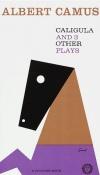
After hiding in a dismal cellar during the Nazi occupation, a Hungarian girl must flee from the Russians who now control her country

Albert Camus notes in his Preface that, although he has "the most passionate attachment for the theater," he has "the misfortune" of liking only one kind of play, whether comic or tragic. He concludes that there is no true theater without language and style, nor any dramatic work which does not, like our classical …
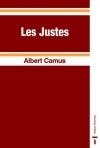
The Just Assassins is a 1949 play by French writer and philosopher Albert Camus. The play is based on the true story of a group of Russian Socialist-Revolutionaries who assassinated the Grand Duke Sergei Alexandrovich in 1905, and explores the moral issues associated with murder and terrorism. In the play, all but one …
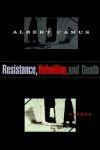
Resistance, Rebellion, and Death is a 1960 collection of essays written by Albert Camus and selected by the author prior to his death. The essays here generally involve conflicts near the Mediterranean, with an emphasis on his home country Algeria, and on the Algerian War of Independence in particular. He also …
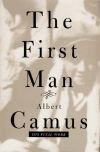
The First Man is Albert Camus' unfinished final novel. On January 4, 1960, at the age of forty-six, Camus was killed in a car accident in the Luberon area in southern France. The incomplete manuscript of The First Man, the autobiographical novel Camus was working on at the time of his death, was found in the mud at …
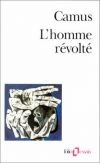
By one of the most profoundly influential thinkers of our century, The Rebel is a classic essay on revolution. For Albert Camus, the urge to revolt is one of the "essential dimensions" of human nature, manifested in man's timeless Promethean struggle against the conditions of his existence, as well as the popular …

Mīts par Sīsifu — Albēra Kamī 1942. g. eseja. Esejas pamatā ir grieķu mīts par Sīsifu, kuru Dievi ir sodījuši-sīsifam ir mūžīgi jāveļ bluķis stāvā kalnā, kad viņš pietuvojas kalna virsotnei, bluķis izslīd no rokām un noveļas kalna pakājē,Sīsifam tam ir jādodas pakaļ, lai turpinātu savu iesākto. Sīsifs uzvar likteni …

 English
English Español
Español Deutsch
Deutsch

